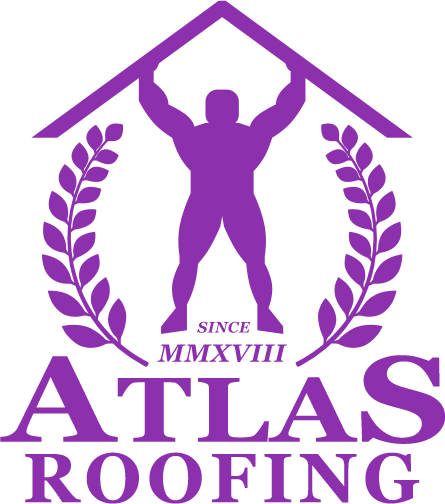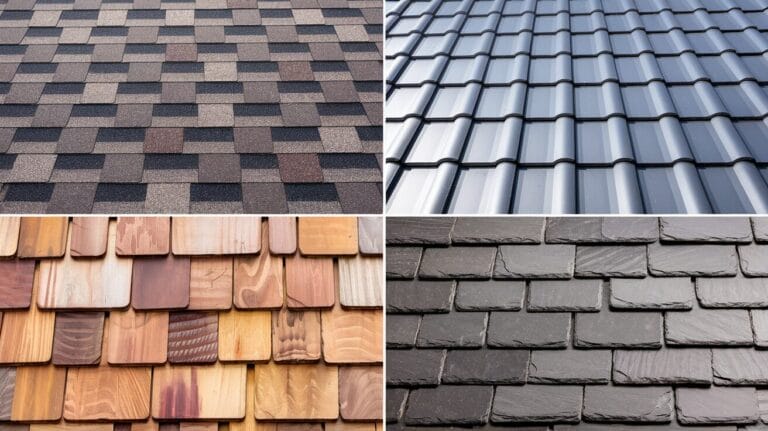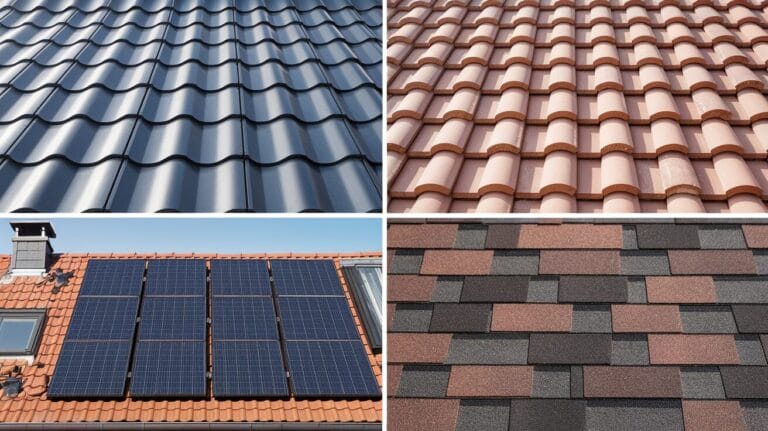
Concrete roof tiles are a type of roofing material made from a mixture of cement, sand, and water. They are designed to resemble traditional clay or slate tiles, providing a durable and aesthetically pleasing option for roofing.
Benefits of using concrete roof tiles
Longevity and durability
Concrete roof tiles are known for their longevity and durability. They can withstand harsh weather conditions, including strong winds, heavy rain, and extreme temperatures. With proper installation and maintenance, concrete roof tiles can last for several decades.
Energy efficiency
Concrete roof tiles have natural thermal insulation properties, which can help regulate the temperature inside a building. This can reduce the need for excessive heating or cooling, resulting in energy savings and lower utility bills.
Fire resistance
Concrete roof tiles are non-combustible and provide excellent fire resistance. This can help protect a building and its occupants in case of a fire.
Variety of design options
Concrete roof tiles are available in a wide range of colors, shapes, and textures. This allows homeowners to choose a design that complements their architectural style and personal preferences.
Cost-effectiveness in the long run
While concrete roof tiles may have a higher upfront cost compared to some other roofing materials, they offer long-term cost-effectiveness. Their durability and low maintenance requirements mean that homeowners will not have to spend excessive amounts on repairs or replacement over the lifespan of the roof.
Types of concrete roof tiles
There are several types of concrete roof tiles available in the market, including:
- Flat profile tiles
- Pantile tiles
- Double Roman tiles
- Spanish tiles
- Slate-style tiles
How much do concrete tiles cost?
The cost of concrete tiles can vary depending on factors such as the manufacturer, style, and region. On average, concrete roof tiles can range from $4 to $10 per square foot. It’s important to note that installation costs are not included in this price range and may vary.
Maintenance and durability of concrete roof tiles
Concrete roof tiles are relatively low maintenance. Regular inspections and cleaning can help prevent the buildup of debris and ensure the longevity of the roof. In the event of damage or cracked tiles, repairs can be made by replacing the affected tiles.
Comparison with other roofing materials
When compared to other roofing materials such as asphalt shingles or clay tiles, concrete roof tiles offer several advantages. They have a longer lifespan, better durability, and higher resistance to fire and extreme weather. However, they may be heavier than some materials and may require additional reinforcement in certain cases.
Common concerns and drawbacks of concrete roof tiles
While concrete roof tiles have many benefits, there are some common concerns and drawbacks to consider. These include:
- Weight: Concrete roof tiles are heavier than some other roofing materials, which may necessitate additional structural support.
- Installation complexity: The installation of concrete roof tiles requires skilled professionals due to the weight and specialized techniques involved.
- Fragility: Although concrete roof tiles are durable, they can be more prone to cracking or chipping compared to other materials.
Environmental impact of concrete roof tiles
Concrete roof tiles have a relatively low environmental impact compared to some other roofing materials. They are made from readily available materials and can be recycled at the end of their lifespan. Additionally, their energy efficiency properties can contribute to reduced energy consumption and lower carbon emissions.



